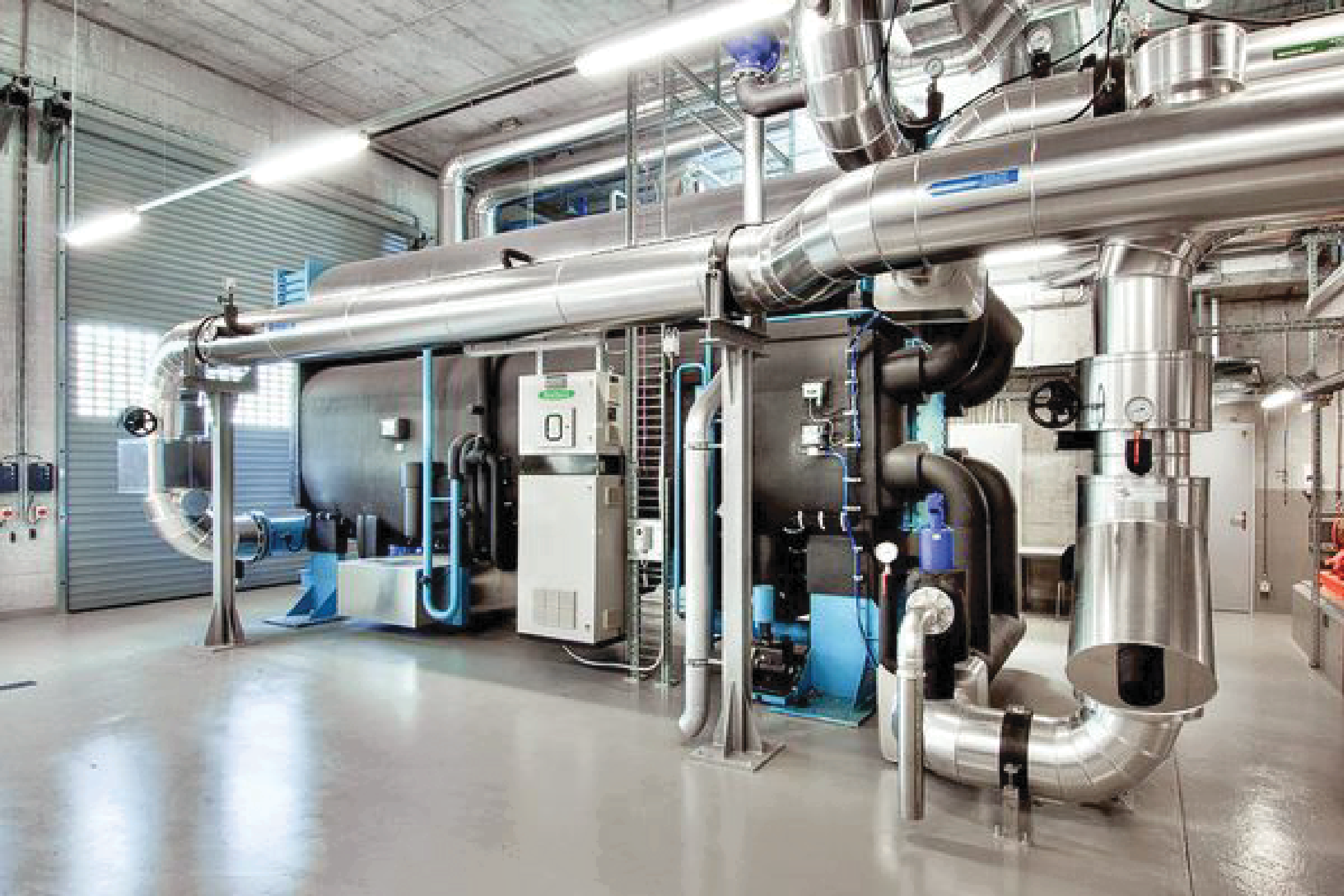Hydraulic oil coolers help keep the temperature of hydraulic systems in the optimum working range. They remove excess heat caused by energy losses within a system and high ambient temperatures.
Coolers can be air or water-cooled. Air-cooled models pass heated oil through a radiator-like core and use ambient air to cool the fluid. Forced-air models utilize a fan that actively pushes air over the coil or core.
They Cool Hydraulic Oil
Hydraulic systems rely on pressurized hydraulic oil to provide the force needed for actuators and other mechanical equipment to function. However, as hydraulic components work, the temperature of the oil rises rapidly. Heat in hydraulic oil leads to oxidation, which decreases the viscosity of the fluid and shortens its life. In addition, high temperatures lead to mechanical damage such as blown seals and seized gears or piston pumps.
Hydraulic oil coolers help keep hydraulic temperatures within the operational specifications of the fluid. These units are designed to cool the hydraulic system by passing the pressurized oil through a heat exchanger core or coil, thereby removing the excess heat.
There are two primary types of hydraulic coolers — water and air. Water oil coolers are compact and suitable for use in high-pressure applications. Air-cooled hydraulic coolers are ideal for mobile applications that do not have access to an electrical power source. They pass the oil through a radiator-like coil and cool it with ambient air.
They Reduce Heat
In the course of system operation hydraulic systems generate a lot of heat. This is because of the friction between the oil and the different components of the system. When the temperature of the hydraulic oil gets too high, it loses its lubricating properties and can cause damage to the system. This is why the temperature of the hydraulic oil needs to be kept at a normal operating level.
Hydraulic oil coolers reduce the heat generated by energy losses in the system and high ambient temperatures, so that the hydraulic fluid is able to remain at its optimal working temperature. The correct sizing and positioning of the hydraulic oil cooler within the system ensures that it is able to dissipate the maximum amount of heat from the oil.
There are several different types of hydraulic oil coolers, all of which operate on the conductive transfer principle. The coolant (either water or air) conducts the heat in the hydraulic oil from one medium to another, allowing it to be removed and discharged.
They Reduce Viscosity
Hydraulic oil coolers are ideally used to cool quenching and lubricating fluids in industrial, agricultural, and mobile settings. They dissipate heat generated by system losses as well as external sources such as furnaces and engines.
Thermal energy is a necessary byproduct of hydraulic systems, but if it isn’t dissipated in time, it will cause the hydraulic system to overheat. Overheating reduces system efficiency and causes excessive wear on system components. Hydraulic oil coolers prevent overheating by exposing the hydraulic fluid to a constant flow of low-temperature cooling medium that absorbs thermal energy and carries it away.
If you want to avoid a costly repair or replacement of your equipment, consider adding a hydraulic oil cooler to your truck or machine. They keep your hydraulic oil at the correct temperature, extending its lifespan and improving performance. They also improve the safety of the machines you operate by preventing overheating, which can cause fires and explosions. These coolers are available as a complete assembly with fans, motors, and shrouding or in the form of shell-and-tube products with tubing connected to flanged end plates that are appropriately sealed to each shell end.
They Are Easy to Install
Hydraulic oil coolers are a great solution for those needing to keep their hydraulic fluid within its optimum operating temperature range. They are also a great choice for equipment that has experienced hot oil problems in the past, such as shortening of seal life and breaking down of the fluid.
They work by utilizing the conductive transfer principle where the heat in one medium is conducted to another for specific removal and disposal. The cooled medium is typically water or air.
Bowman has a wide range of hydraulic coolers available, from single pass to double pass units. When selecting the correct unit for your application it is important to consider the return line and off-line circulation. If the inlet inlet is not correctly connected to the return line, the unit will only be effective on one side. This can be caused by a poorly trained installer or the incorrect specification of the cooling unit for your particular application.

